Master Your Leasing Domain
Estoppel Certificates
It is imperative that a landlord require within its lease that their tenants furnish, from time to time when requested by landlord or a prospective purchaser or mortgagee of the landlord, a certificate signed by the tenant confirming and containing such certifications and representations within no more ten (10) days following receipt of said certificate from landlord.
Similar in importance as legendary U2 rocker Bono’s “Music can change the world because it can change people,” tenants and their advocates need to be aware that although many estoppel certificates are generally just a few pages in length, great caution should be taken when signing them, as the estoppel can potentially act as an amendment to the lease changing the terms contained in the lease! Accordingly, at a bare minimum, in addition to reviewing each and every term contained in the estoppel, it is advisable that tenants have their attorney review the estoppel (and make comments thereto) prior to its execution. Please know that I didn’t say the foregoing as a means of creating an attorney work act relief program, but at the same time, given the aforesaid potential adverse consequences to a tenant, using the words of legendary author Kurt Vonnegut to make a point, “There is never a shortage anywhere of lawyers eager to attack the [First] Amendment, as though it were nothing more than a clause in a lease from a crooked slumlord.” Admittedly, not 100% on point, but hopefully the message is clear to you!
With that all said, the following is a list of basic estoppel certificate provisions to include (and possibly negotiate):
- Date of estoppel certificate
- Name of the entities benefiting from (and who can rely on) the estoppel
- Basic tenant certifications and/or representations to the named entities should include:
- the date of the lease, names of the landlord and tenant, and the exact premises;
- that the lease has not been modified, changed, altered or amended in any respect;
- that tenant has made no agreements with landlord or its agents or employees concerning free rent or any other type of rental concession;
- the exact rent per month and when it has been paid through;
- that the lease is in force and effect;
- that to the actual acknowledge of tenant, landlord is in not default under the lease;
- that tenant has not assigned, sublet or transferred any portion of its lease interest;
- that landlord is under no obligation to tenant with respect to payment of the cost of tenant improvement work to the premises;
- that the lease does not contain and tenant does not have any options or rights of first refusal to purchase the premises;
- that the estoppel certificate is made by tenant knowing that purchaser [and its lenders (if any)] will rely upon the truth of tenant’s certification;
- the security deposit amount;
- the lease expiration date; and lastly
- that there are no options to extend the term of the lease.
When buying a property as a purchaser’s advocate, in my world it should be an express requirement of the contract that the seller deliver from each and every tenant an estoppel certificate, dated within 15 to 30 days of the closing.
When wearing my seller advocate hat though, I fight long and hard when it comes to having to secure and thereafter deliver as a condition to closing an estoppel from each tenant. Generally stated, I will define those major tenants that I must deliver estoppels from, and as to the balance, only having to deliver estoppels from 65% to 80% of the remaining tenants, dated not more than 45 days prior to the closing date. As to the estoppels not secured, the buyer would have to accept seller’s own estoppel certificate to the same effect from any such “non-major tenant.”
For landlord advocates, if the context of the transaction and market conditions allow for such, consider also adding to your estoppel clause language along the lines of :
- failure to timely submit the estoppel shall result in a $500/day penalty; and
- failure to timely submit the estoppel shall allow landlord, as tenant’s attorney in fact to execute the estoppel provided by landlord as if the tenant had executed such estoppel.
In closing, as to the potential for changes to a lease and the necessity for a tenant to proceed with caution when executing an estoppel, I leave you with quotes from 2 legendary comedians. Carol Burnett once said, “Only I can change my life. No one can do it for me.” And Robin Williams once said “No matter what people tell you, words and ideas can change the world.” What is the takeaway from these comedic geniuses? Their logic should apply to the preparation and execution of an estoppel certificate.

